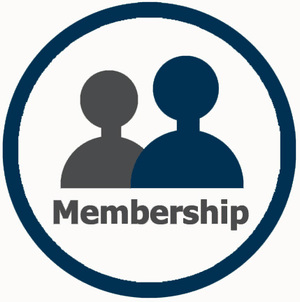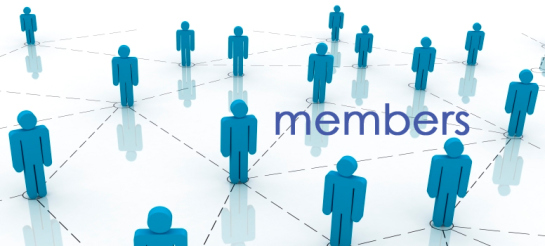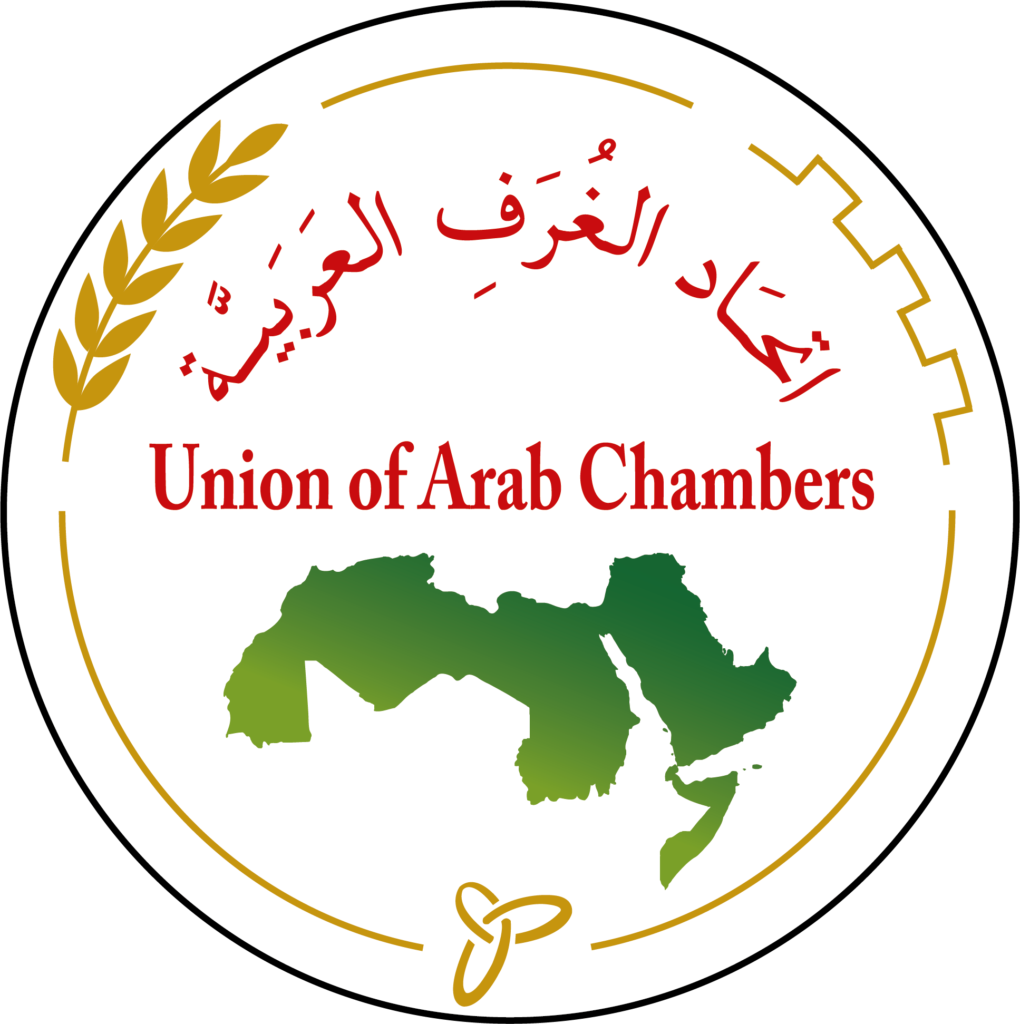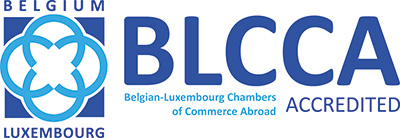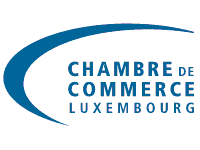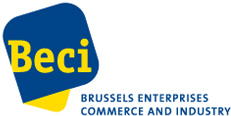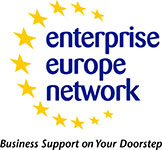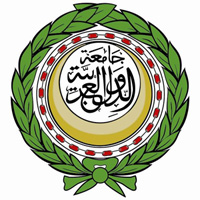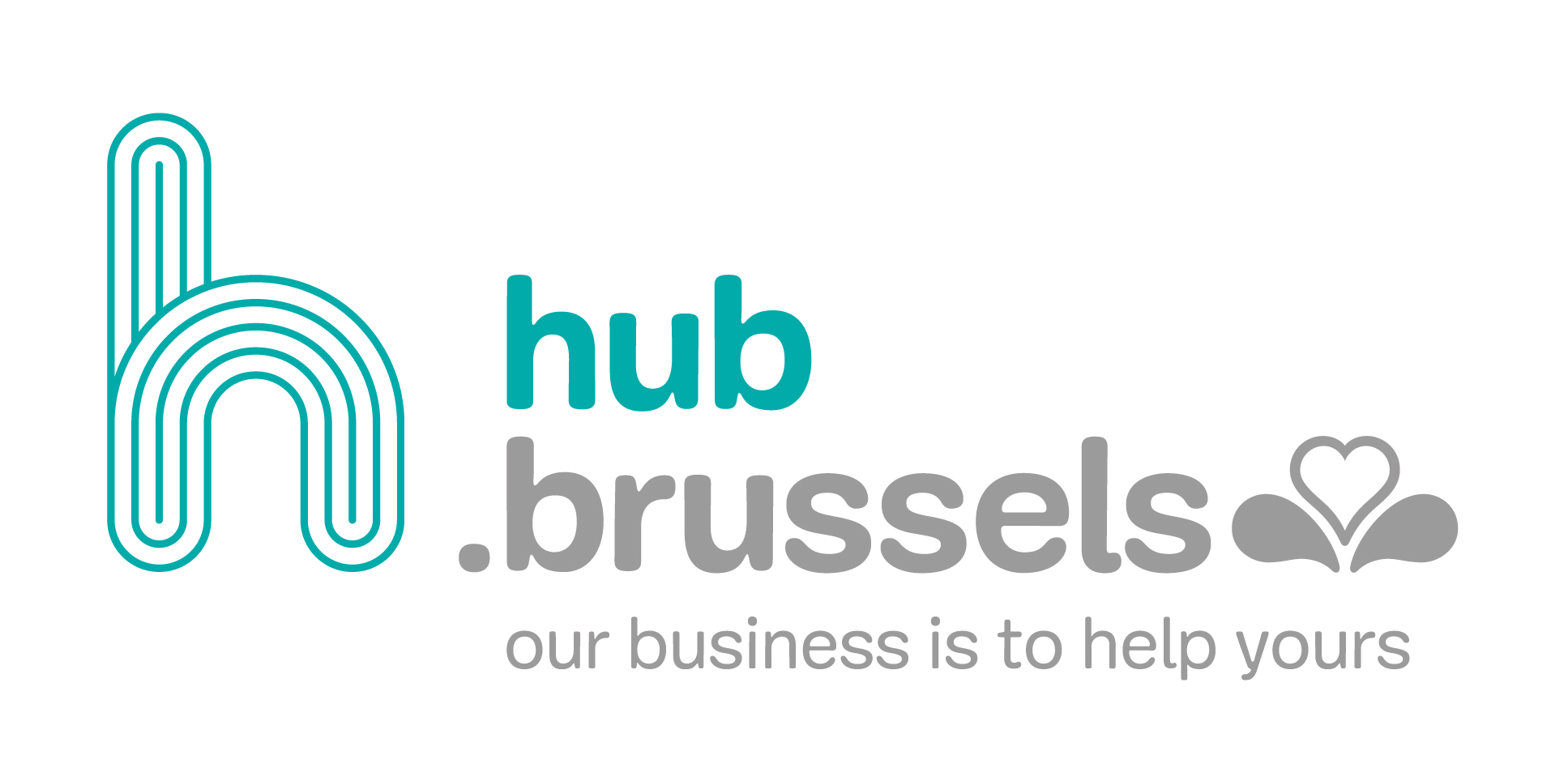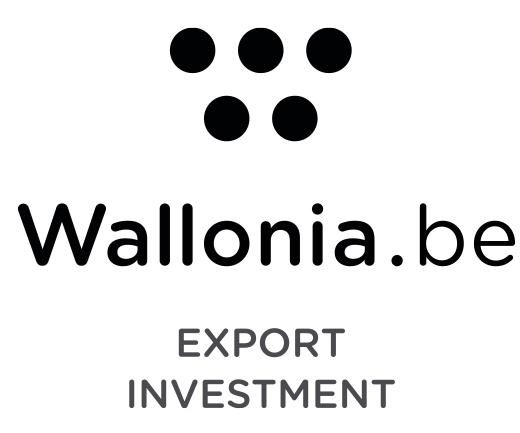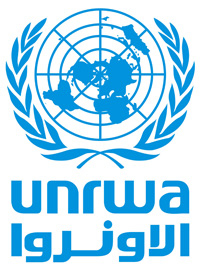UNRWA educational programme: bolstering economic development with help from the private sector
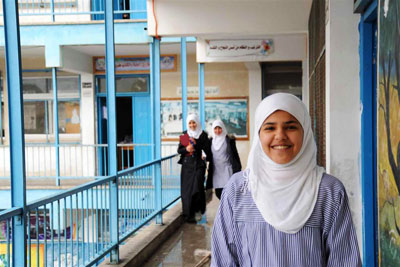
There are a few important ingredients thriving economies can’t do without. Youth and education form part of that group. And so does a drive for innovation. These are fields in which UNRWA – the United Nations Relief and Works Agency for Palestine Refugees – is active through its education programme and the organization of extracurricular events, such as the ‘Technology Innovation Competition Fair’ that recently took place in the West Bank. With youth – defined as those between 14 and 29 years old – amounting to nearly 28 per cent of the five-million-strong Palestine refugee population, the latter holds enormous potential in terms of economic development. Therefore, the ABLCC asked the UNRWA Representative Office to the EU to explain how the potential of Palestine refugee youth is being developed in order to allow these young people to participate in the bolstering of thriving Middle Eastern economies.
Providing quality education under challenging circumstances
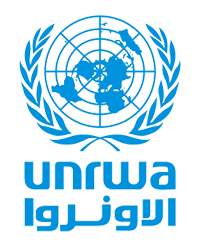 UNRWA operates one of the largest education systems of the Middle East region. Every day, free primary education is provided to nearly 500,000 pupils in 700 schools in the occupied Palestinian territory, Jordan, Lebanon and Syria. Post-primary education is provided to Palestine refugee youth through nine vocational training centres, which help them develop the skills needed by the local and regional markets. University scholarships are encouraged for those refugee students who excel academically but would otherwise be unable to afford tertiary education.
UNRWA operates one of the largest education systems of the Middle East region. Every day, free primary education is provided to nearly 500,000 pupils in 700 schools in the occupied Palestinian territory, Jordan, Lebanon and Syria. Post-primary education is provided to Palestine refugee youth through nine vocational training centres, which help them develop the skills needed by the local and regional markets. University scholarships are encouraged for those refugee students who excel academically but would otherwise be unable to afford tertiary education.
Over time, UNRWA’s schools have built a reputation for quality, and today Palestine refugees’ levels of educational achievement are among the highest in the Middle East. These good results have been achieved in spite of the often very challenging circumstances the Agency operates in; lack of rights, space, land and opportunities for educational and economic achievement. Among the challenges that apply to the 700 schools are overcrowded classrooms, ICT deficits and double shift schools.
Empowering refugee youth: Technology Innovation
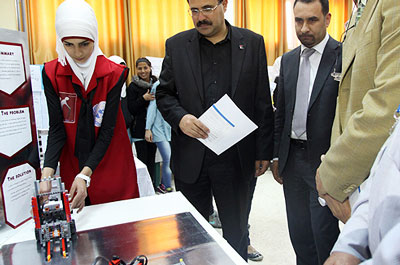
In order to supplement the curriculum in UNRWA classrooms and encourage students to be confident and innovative, UNRWA organizes extracurricular events such as the recent ‘Technology Innovation Competition Fair’ held in the West Bank. In total, 20 UNRWA schools participated in the exhibition that aimed to facilitate the learning of digital technology and critical thinking.
Winner of the competition was Rawan Basilah from Hebron Basic Girls’ School in the West Bank. She took the first price thanks to her “smart door” project that secures houses by integrating advanced security systems with camera and motion sensors.
14-year-old Areej El Madhoun, a student at UNRWA’s school in Jabalia camp in Gaza, is another incredible example of success amidst difficult circumstances. Receiving the first prize of the International Intelligent Mental-Arithmetic Competition held in Malaysia in January, Areej was able to outmatch 2500 contestants, by solving 182 complicated mathematical questions within an eight-minute period.
Rawan and Areej are examples that refugee youth are capable of great achievements if provided with quality education and given the opportunity for success.
UNRWA private sector partnerships: an opportunity for companies active in the Middle East – North Africa region to show their customers they care
To keep up this work, UNRWA is seeking private sector partners, which share the vision of providing quality education and are interested in investing in Palestine refugee youth. Partnerships with UNRWA can take many different forms, and are in tailored in consultation with partners making the best use of resources and expertise. UNRWA is proud to partner with the private sector and showcases partnership activities through press releases, human interest stories and on-line reports on joint project activities; all planned in close coordination with private sector partners. For more information, you are most welcome to contact UNRWA or the ABLCC.
Contact:
UNRWA: Mrs. Rosa Bahl
E-mail: This email address is being protected from spambots. You need JavaScript enabled to view it.
Tel.: +32 (0)2 290 34 34
ABLCC : Ms. Sanne De Mayer
E-mail: This email address is being protected from spambots. You need JavaScript enabled to view it.
Tel.: +32 (0)2 344 82 04
UNRWA in brief
UNRWA, the United Nations Relief and Works Agency , is a UN agency established by the General Assembly in 1949 to provide assistance, protection and advocacy to a population of some 5 million registered Palestine refugees in Jordan, Lebanon, Syria, West Bank and the Gaza Strip.
UNRWA is a direct service provider, working without intermediaries, to deliver education, health care, relief and social services, camp infrastructure and improvement, microfinance, and emergency assistance. Through these services, UNRWA strives to help Palestine refugees achieve their full potential in human development, pending a just solution to their plight. UNRWA is funded almost entirely by voluntary contributions.




